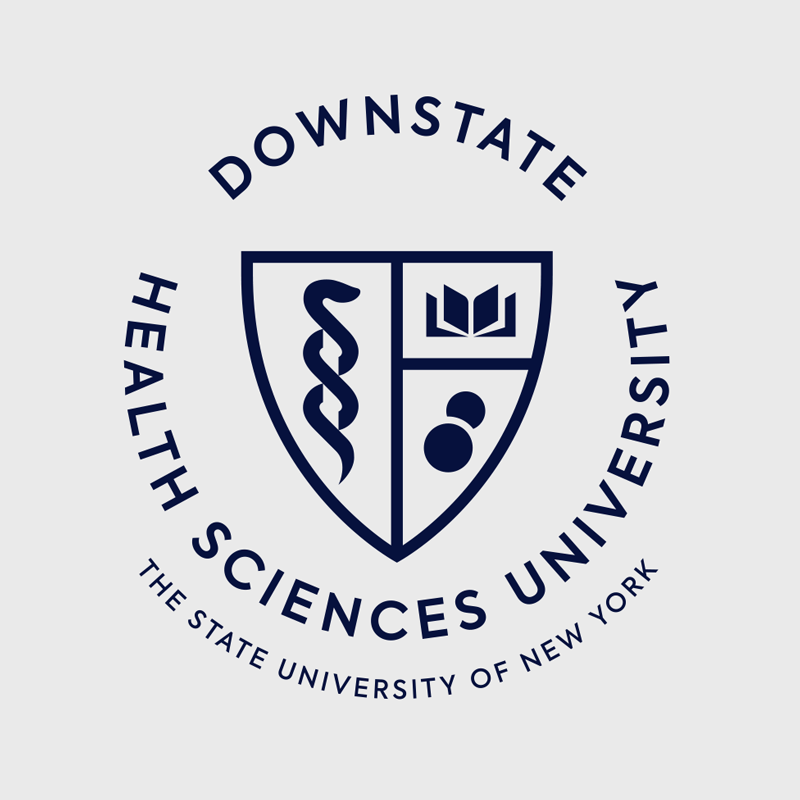Health informatics professionals implement and manage a wide range of health-generated information. Informaticians integrate computerized health-information databases that store clinical information, radiographic images, and laboratory data that are critical for quality patient care.
Several external developments have influenced the need for educational programs in informatics: expanding information technology, enhanced attention to quality assurance and patient safety, HIPAA regulations, and disease surveillance. The curriculum in health Informatics reflects the knowledge and skills necessary to organize, store, and retrieve complex health-information systems.
Students are taught to work as members of the health-care team and to interact with health providers, technologists, and administrators to maximize medical data management. Students also learn the use of new technologies in communication and information management, including telecommunication, medical imaging systems, and digital libraries.
